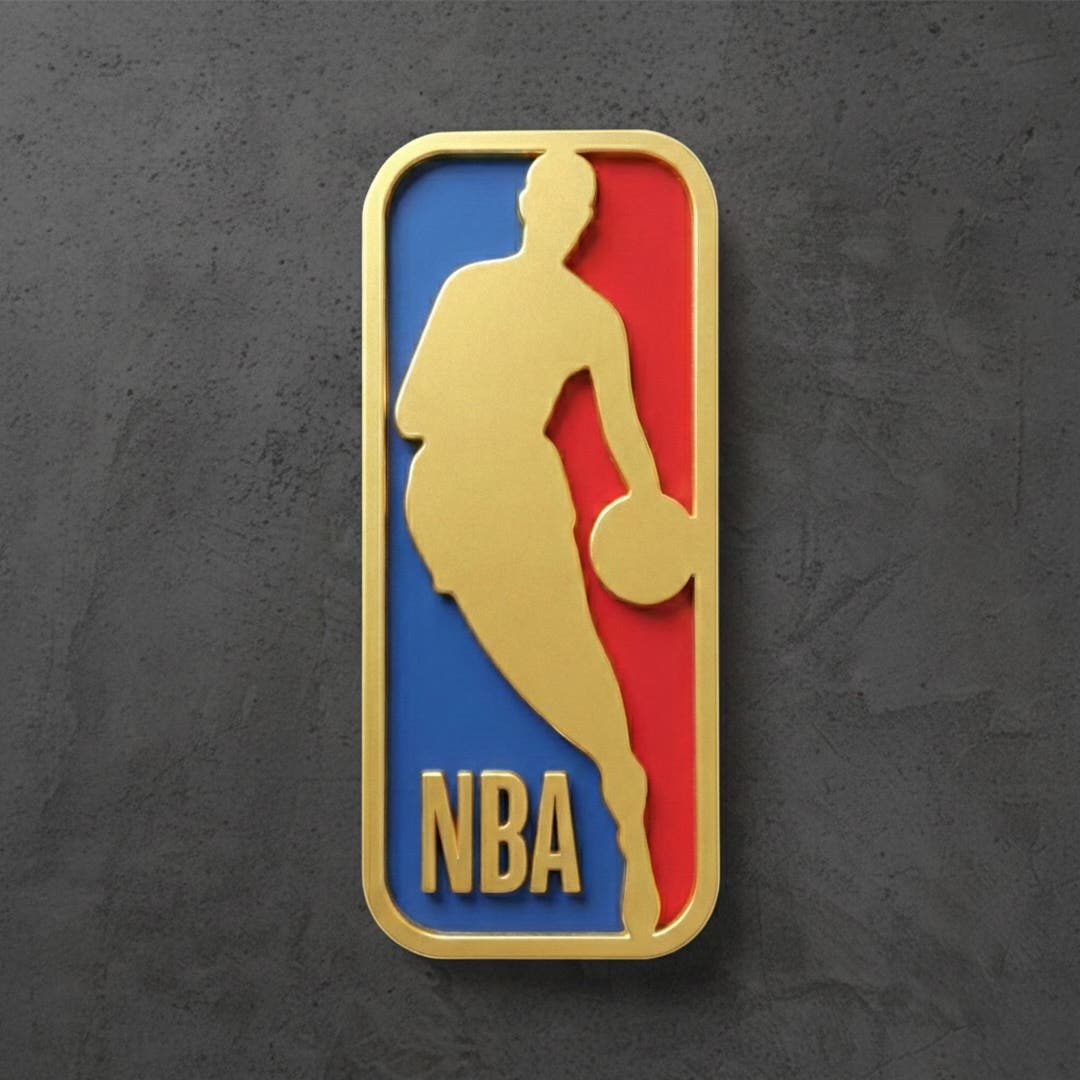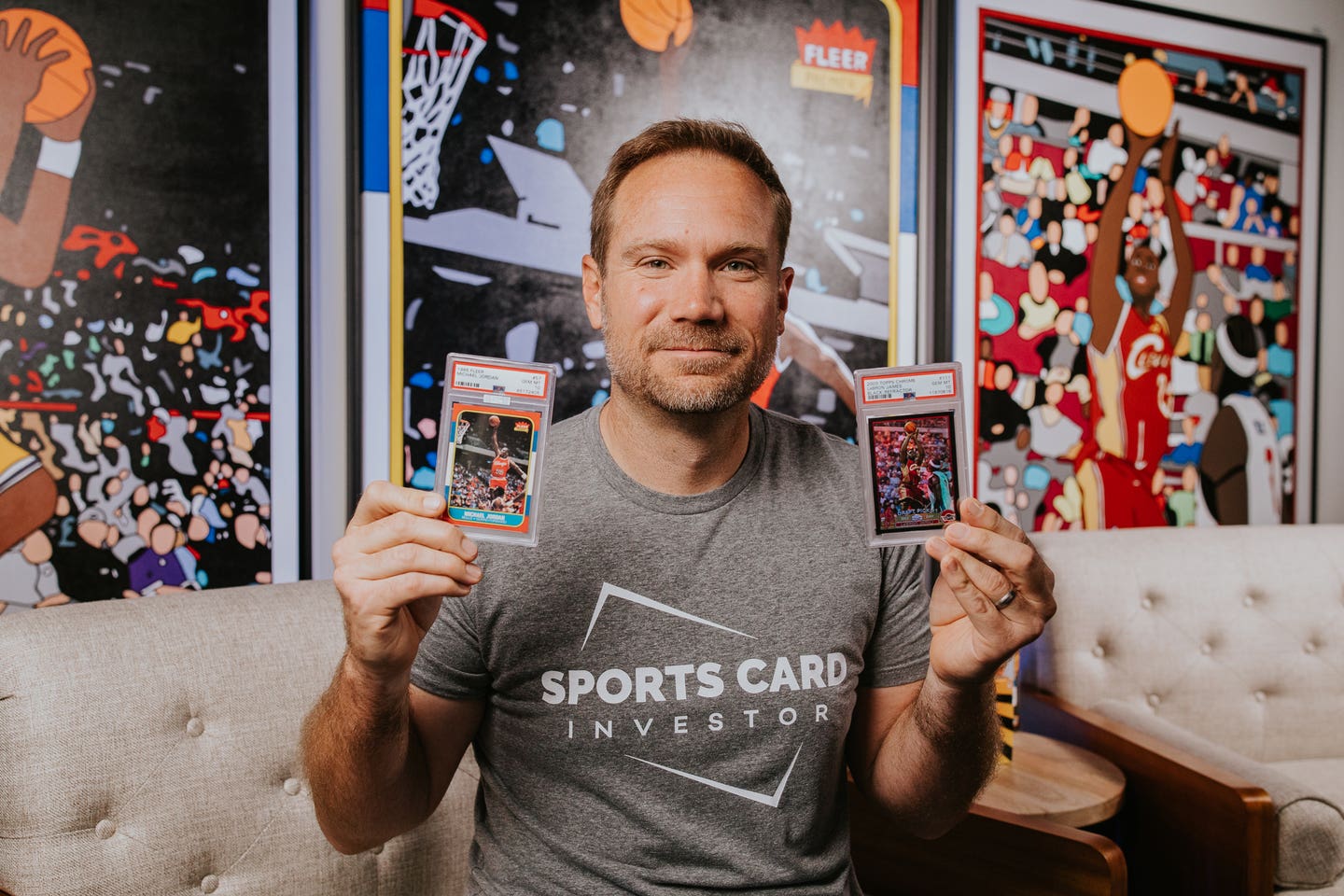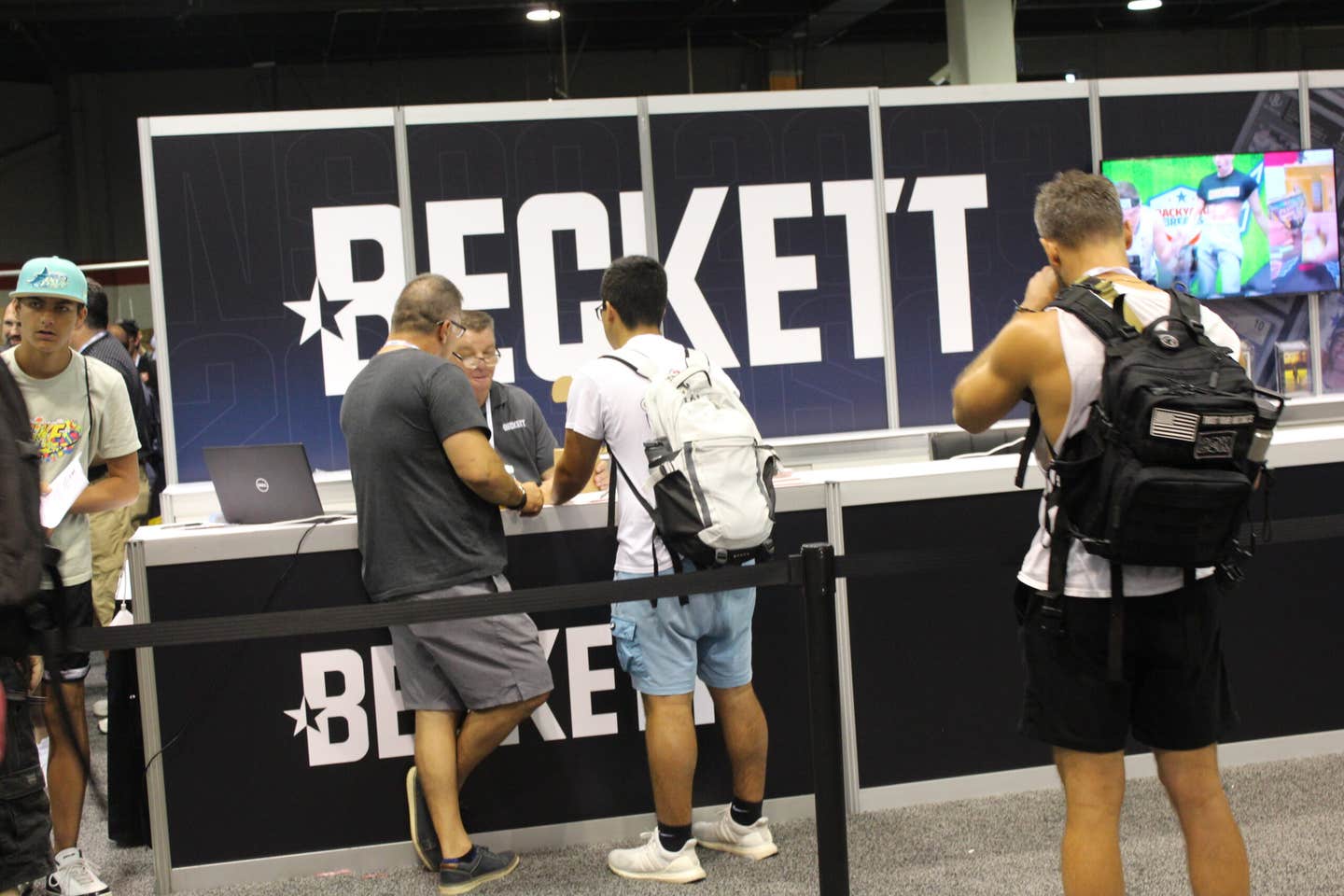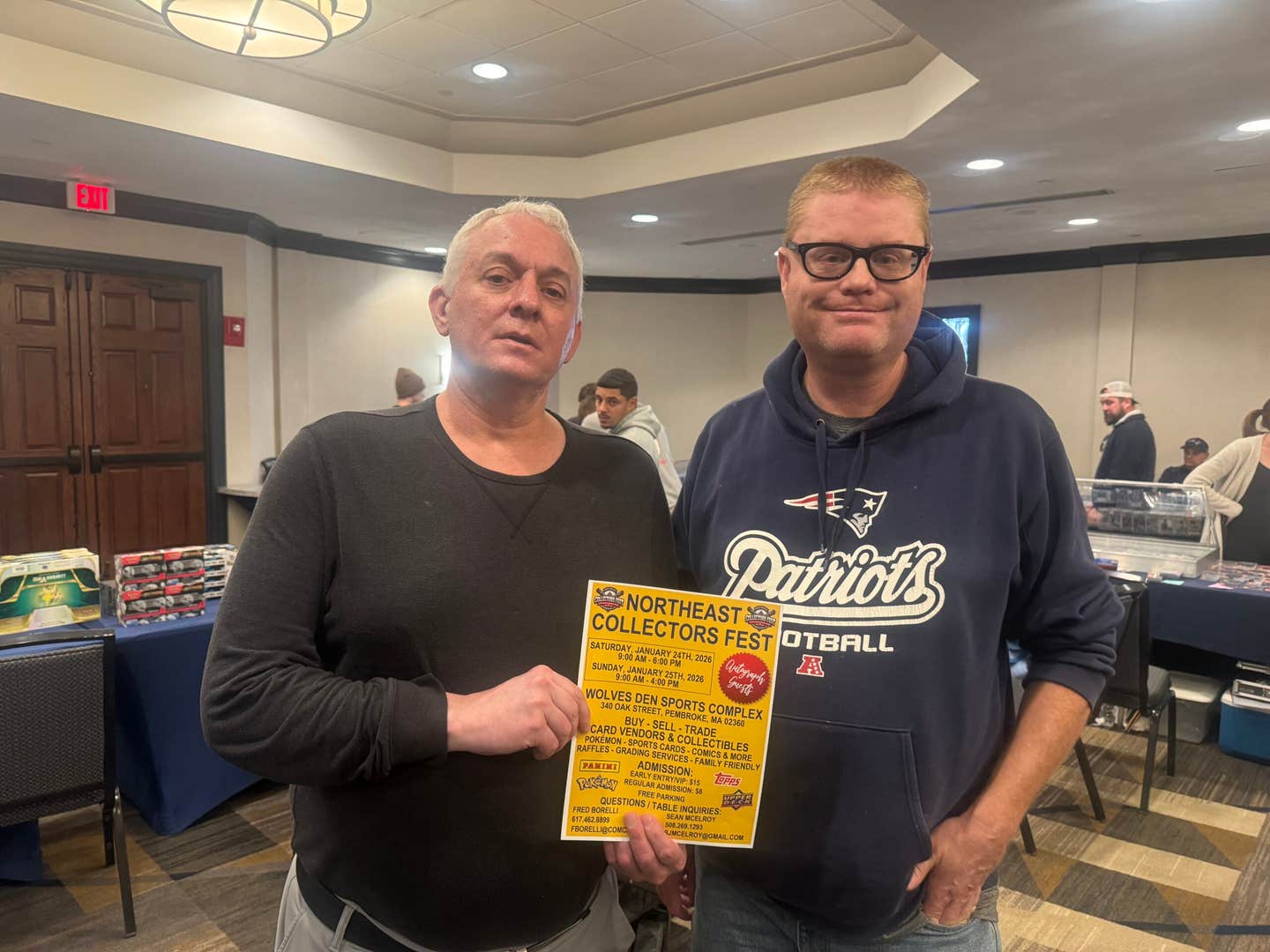News
Misplays, misdirection and meshugaas
My column in Sports Collectors Digest is called “Out of Left Field,” which turned out to be a suitable appellation for a weekly literary effort that tries to look at things from a different perspective, but I have to concede that this blogging business has helped me poke around into odd corners that I might not have pursued in print.
Thus I can pursue various pet peeves, like baseball announcers – posturing as savants proffering “inside baseball” gems to the great unwashed – who point out that after a player makes a great fielding play he frequently winds up leading off the next inning. Grrrrr. I want to throw something at the TV when they say idiotic things like that.
It’s called “selective perception,” meaning the doofus announcer remembers those occasions where the player led off after a great play in the field, and ignores all the instances where it doesn’t happen. In truth, the chances of leading off after making a great play in the field are roughly 1 in 9.
Taking note of this in something as benign as Major League Baseball begs the question: this process of seeing only those things that reinforce our biases plays havoc with all sorts of important areas of daily life, from social issues to politics. It’s at least helpful to be vigilant, and what better place to practice than with numbskull TV analysts.
And speaking of same, have you ever heard even one of them take note of this particularly galling trait? A player badly misplays a fly ball or a hit rolling under his glove, and when he turns around to chase it to the wall, does so with the same degree of urgency that I employ in emptying the litter box.
I have some sympathy for the embarrassment involved: I botched a fly ball as a sophomore in high school and was brutally vilified by angry villagers with pitchforks and torches (and yanked by the manager), but, hey, I’ve gotten over it.
And I know that the embarrassment is different for professionals, but I still hate it when they casually lope after the ball after their misplay, as if to say, “No big deal, there’s nothing to see here.” Meanwhile the base runner is going full tilt, and I am once again looking for something to throw at the TV.
Here’s another thing I don’t ever recall one of those analysts mentioning: headfirst slides into first base. Obviously, I am talking about running out infield hits and the like, not diving back on a pickoff throw. No one will ever convince me that the maneuver gets the runner to the base more quickly than simply continuing to sprint; the normal, self-protective reflex to slow down during the dive assures that outcome. It winds up being nothing more than idiotic showboating. And again, I’m not talking about a Pete Rose dive into third on a triple, which can be useful in avoiding tags. In bang-bang plays on infield grounders, avoiding the tag is not typically an issue.
* * * * *
And peripherally related, I got a chuckle out of a newspaper article that I read a couple of days ago that characterized Barry Bonds as a no-good bum that almost everybody hated and Henry Aaron as a wonderful guy that everybody liked.
I chuckled because my guy Henry is getting a bit of the Maris-like revisionist history process that took place nearly 10 years ago when McGwire and Sosa were in the process of sailing past the old single-season home run mark of 61, held by Roger Maris, of course.
Maris got wonderful treatment back then, and it could be noted that McGwire played a role in that, taking every possible occasion to offer respectful nods to the Yankee slugger who had died a dozen years before that and making an effort to include surviving Maris family members in the spotlight when the occasion presented itself. All the nice talk somewhat obscured the reality that Maris got really harsh treatment from the press and many fans at the time he broke Ruth’s record in 1961. Then the prevailing sentiment was that Mantle was a more worthy subject to break Ruth’s record; ironically, the arrival of Maris at Yankee Stadium in 1960 had helped generate some of that affection for The Mick as once-thorny press coverage of the great star turned softer and some of the spotlight – and attendant pressure – shifted to Roger.
I see that same thing happening now with Aaron. Writers and TV pundits are making him out to be this warm and fuzzy old teddy bear, when, in fact, for much of the period after his retirement in 1976, he was regarded as a kind of a prickly personality, a notion perhaps heightened by his principled and unyielding stances concerning race relations and important civil rights issues.
Remember, this was the 1970s, and the country was still sorting out a lot of “stuff” that seems like old news nowadays. I anguished that Henry wasn’t more beloved than he was at the time, but I won’t go so far as to rewrite the history books now.
My greatest hope in conceding that the all-time home run status was going to have to be relinquished was that Aaron would get some much-deserved time in the spotlight once again, and I sort of like it that he’s being portrayed so positively now after a couple of decades of being either largely ignored or even occasionally scolded for espousing views that didn’t always sit well with the mainstream press.
But let’s at least do everybody a favor and keep it “real,” as they say. None of that selective perception stuff.
* * * * *
As I write this, our friend and columnist Marty Appel is in Israel helping out with the launch of the Israel Baseball League. The league opened last night with a game between the Petach Tikva Pioneers and the Modi’in Miracle at the Yarkon Sports Complex in Jerusalem.
That information comes from the Sunday New York Times (June 24); I already knew Marty was there, since he’s one of our ace columnists and he e-mailed me several days before to tell me he would be out of town.
It all sounds pretty cool to me: a six-team league plays an eight-week, 45 games schedule (seven-inning games). The players make $2,000 each for the season, and the play-by-play will be in Hebrew, with the inaugural game also being broadcast in English and shown on PBS affiliates in New York, Boston, Chicago, Los Angeles and West Palm Beach, Fla.
A number of former major leaguers are on board as managers (Art Shamsky, Ron Blomberg and Ken Holtzman), plus former Red Sox and Expo GM Dan Duquette will serve as the league’s director of player development. Appel, arguably the most famous PR maven in the sports world, directs the public relations effort.
About my only beef would be the planned home run derby to break ties, instead of playing extra innings. That doesn’t seem kosher to me.
* * * * *








